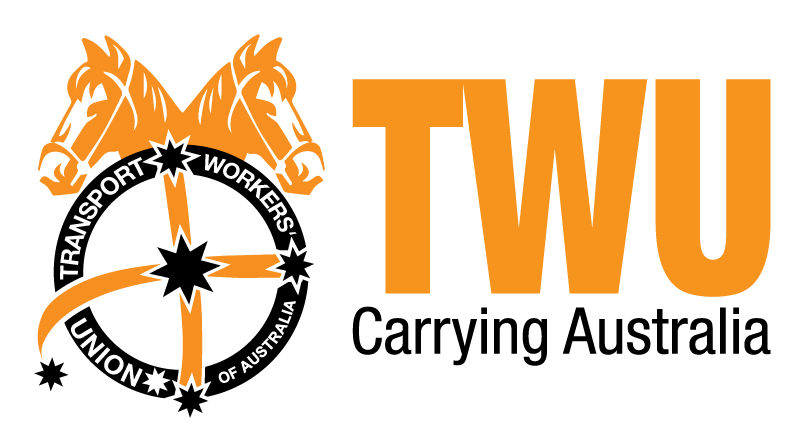Results from the Australian Government’s first Engagement and Impact (EI) assessment confirm La Trobe University’s position as a leader in delivering research with real world impact.
La Trobe Vice-Chancellor Professor John Dewar welcomed the first assessment, saying it clearly shows that La Trobe research is making a positive difference.
“La Trobe University is producing research outcomes that uncover new discoveries, advance human knowledge and impact the lives of individuals and entire communities,” Professor Dewar said.
“The results also demonstrate La Trobe’s strong connections with industry and to other partners as well as our proven ability to translate research outcomes into community benefits.”
The report was released just days after the release of new results that showed all La Trobe University’s assessed broad areas of research is at or above world standard.
“La Trobe University research is delivering world-standard outcomes and making a positive difference to the lives of thousands of people in Australia and across the globe,” Professor Dewar said.
The EI assessment is undertaken as a companion to the Excellence in Research for Australia report and is an initiative under the Government’s National Innovation and Science Agenda. It looked at how research from 40 participating Australian Universities has enhanced the economy, society, environment or culture, and ranked them low, medium or high impact.
Seven research programs from La Trobe University were assessed as delivering high impact:
- Professor Helen McLachlan and Professor Della Forster from La Trobe University’s Judith Lumley Centre in the School of Nursing and Midwifery has pioneered world-leading research that shows one-on-one midwife care reduces caesarean section rates during childbirth and improves health outcomes for babies, resulting in Australian hospitals increasing the availability of one-on-one midwife care.
- The work of Dr Nicola Stern and Dr Jillian Garvey from La Trobe’s Department of History and Archaeology provided key information enabling Traditional Owners to reconnect to cultural heritage practices, skills and knowledge.
- Associate Professor Jill Murray from La Trobe’s Law School led ground-breaking research that helped shape laws applying to domestic workers around the world, improving equality and protection under international law.
- Professor Michael Clarke and Professor Andrew Bennett from La Trobe’s Department of Ecology, Environment and Evolution have led key research that has had a profound influence on fire policy and management, providing a critical evidence base for a change in policy on planned burning from a hectare-based approach to a risk-based approach in order to conserve biodiversity in Australia.
- Researchers from an Agribio collaboration between La Trobe University’s School of Applied Systems Biology and Agriculture Victoria led innovative research in genomics, to help secure a more productive and sustainable dairy industry.
- La Trobe’s Australian Research Centre in Sex, Health and Society in the School of Psychology and Public Health conducted research that was translated into a program delivered across Victorian schools to tackle bullying.
- Professor Leeanne Carey of La Trobe University’s School of Allied Health has translated new discoveries in how the brain learns and recovers into an effective rehabilitation therapy to help people regain their sense of touch, and use it in daily activities. This approach, called SENSe, is now being used in clinical settings nationally and internationally improving outcomes for more stroke survivors.
The ARC also found that the University was highly engaged with industry partners in the fields of:
- Public and Allied Health Sciences
- Studies in Human Society
- Law and Legal Studies, and
- History and Archaeology.
Professor Dewar added that these strong partnerships are a critical component of ensuring real benefits in research results.
About the ARC’s Engagement and Impact (EI) assessment framework
On 7 December 2015 the Australian Government launched its National Innovation and Science Agenda (NISA). One of the measures under the agenda was for Australia to introduce an EI assessment framework. This assessment was undertaken as a companion to Excellence in Research for Australia (ERA), the results for which were released yesterday (27 March 2019).







